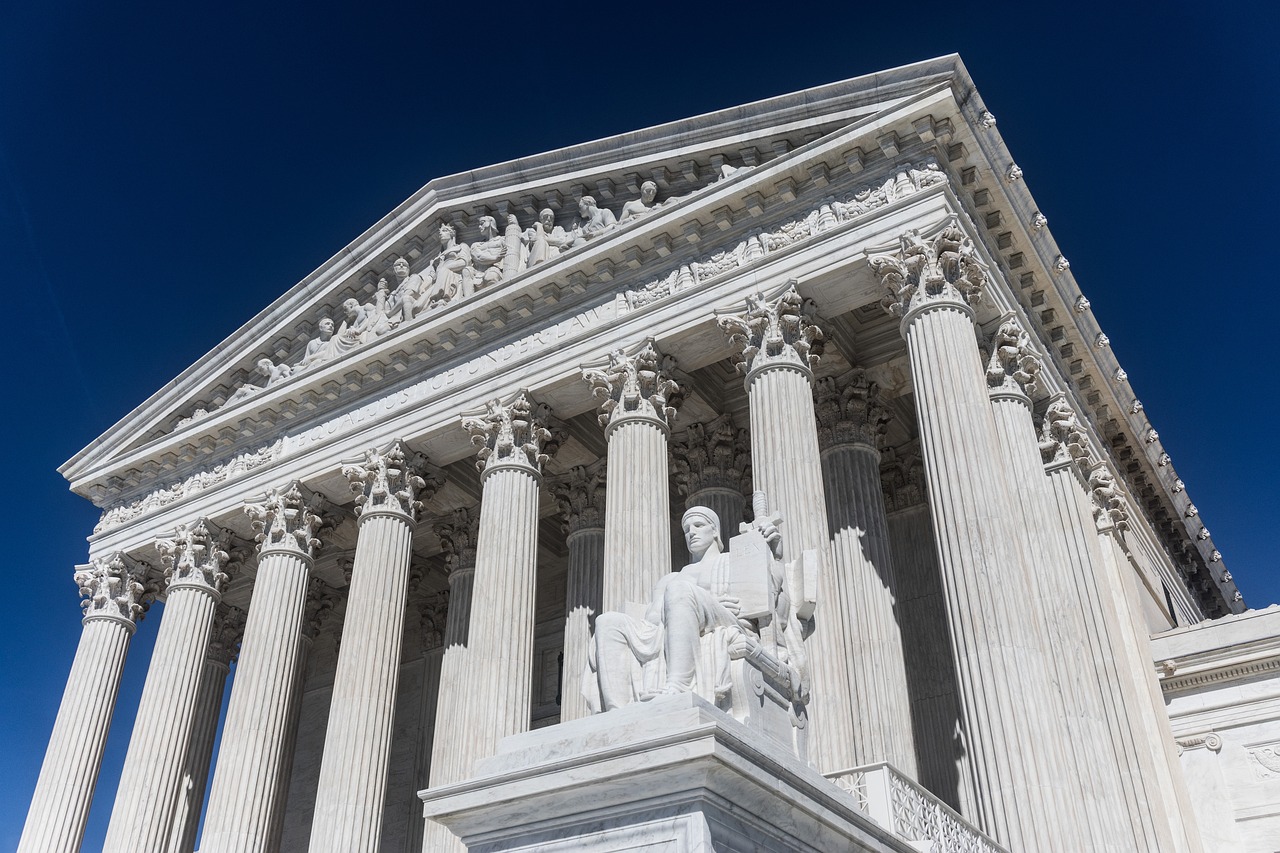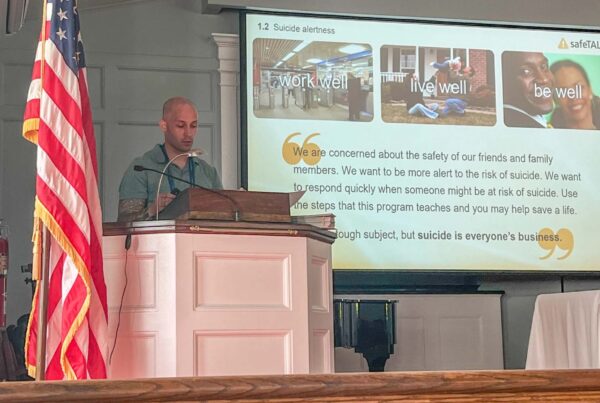Richie DeVillier lives on a cattle ranch outside of Houston that’s been in his family for 100 years. For all that time, the ranch did not have a history of flooding – until recently.
According to DeVillier, the land is now prone to serious flooding – killing animals, trees and vegetation – because of the Texas Department of Transportation and renovations to Interstate 10 completed a few years back.
DeVillier says that the state needs to compensate him for effectively taking his land. And after losing his case before the Fifth Circuit Court, arguments are set for today before the U.S. Supreme Court.
Tara Grove, the Vinson and Elkins Chair in Law at the University of Texas at Austin’s School of Law, said the issue in the case goes beyond whether DeVillier is owed compensation.
“The weird thing about this case is, I think a lot of people assume it’s about the merits of the takings claim, and it’s not,” she said. “What the Supreme Court has to figure out is if these plaintiffs can sue the State of Texas in federal court to complain about whether they have a taking, and the Supreme Court’s not going to get into whether the flooding of the land actually constituted a taking right. That needs to come later.”
» GET MORE NEWS FROM AROUND THE STATE: Sign up for Texas Standard’s weekly newsletters
In part, this comes down to whether the land should be protected by clauses of the state constitution or the U.S. constitution.
“What Texas is arguing is you can’t sue in federal court to get that compensation, because Congress has never created a statute that allows that,” Grove said. “And so Texas is suggesting they need to go to state court. Now, another tricky thing about this is that Texas actually brought the case to federal court. So that seems a little strange.
“But Texas is saying ‘Look, if we go back to state court, the Texas state Constitution will actually offer a lot of protections.’ And so I think the trick is not so much whether the plaintiffs here can get some kind of compensation. It’s how they can get that compensation.”
Grove said the Texas Constitution has more robust property protections than the federal Constitution.
“The only question the U.S. Supreme Court has to figure out is whether these plaintiffs can sue under the U.S. Constitution,” she said. “The U.S. Supreme Court is unlikely to say anything about whether the plaintiffs can sue under the state constitution. Now, I will say, if Texas were arguing that there was no way to sue under the U.S. Constitution and no way to sue under the Texas Constitution, I think this would be a very different case. But so far, that’s not, as I understand it, what Texas is arguing.”
Depending on the ruling in this case, it could set a powerful precedent about whether property matters are settled based on state or federal law – but Grove said she doesn’t necessarily expect that to happen.
“If the Supreme Court holds that any plaintiff can sue under the Fifth Amendment of the U.S. Constitution for an alleged taking, that would have huge ramifications nationwide,” Grove said. “It would also be surprising because of other things the Supreme Court has done recently.
“It has not been too keen on just saying that you can sue under the U.S. Constitution if Congress hasn’t actually authorized that. So that would have huge ramifications. I’ll frankly be really surprised if the U.S. Supreme Court holds that there is a cause of action under the Fifth Amendment for anyone to sue to complain about a taking.”














